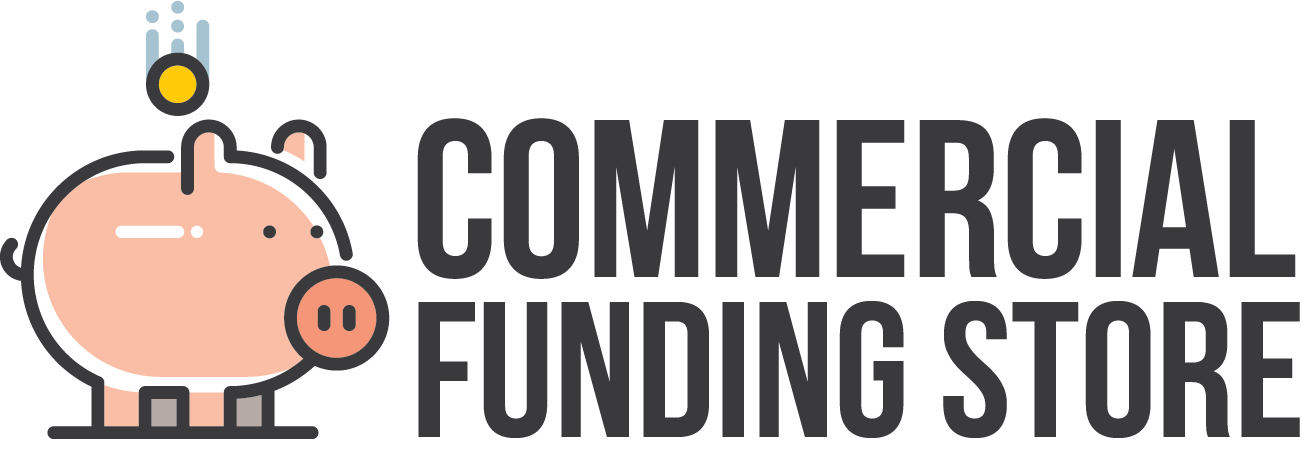Small businesses are the lifeblood of the economy, driving innovation, creating jobs, and embodying the entrepreneurial spirit. Yet, they often face an uphill battle when it comes to managing their cash flow. In the current global economic landscape, traditional lending can be hard to come by, especially for newer or smaller companies. This is where invoice factoring, often a lesser-known financial strategy, can be a game-changer.
In this comprehensive blog post, we’ll dive into the world of invoice factoring and why it can be the lifeline that small business owners need. We’ll explore what invoice factoring is, how it works, and crucially, whether it’s right for your business.
Small Business Can Use Invoice Factoring as an Alternative to Loans
As a small business owner, you’re no stranger to the importance of maintaining healthy cash flow. Unlike traditional loans, which can be challenging for small businesses to obtain, invoice factoring offers a viable alternative. It’s not a loan; it’s essentially selling your accounts receivables to a third party at a discount in exchange for immediate cash. This can be a huge advantage, allowing you to grow and manage your business without the burden of long payment terms or the risk of non-payment.
However, it’s essential to understand that you’re not simply selling your invoices. Invoice factoring provides immediate access to funds that would otherwise be tied up in unpaid invoices, offering a significant boost to your operational capital.
Don’t Sell Your Invoices
Calling invoice factoring “selling invoices” is somewhat misleading. You’re not offloading a financial asset; you’re leveraging an asset you already own to access capital. This distinction is vital in understanding that invoice factoring is about financing, not disposal.
Understanding the nuances of invoice factoring is critical to harnessing its benefits while avoiding any potential pitfalls. It’s not about giving up control of your invoices but about using them to your advantage.
Why Invoice Factoring Matters
For small businesses, the ability to offer competitive payment terms can often be the difference between winning or losing a contract. Invoice factoring lets you offer better terms by providing immediate cash, increasing your chances of securing new deals and growing your customer base.
Moreover, invoice factoring is a popular solution among business owners for multiple reasons, such as the avoidance of debt, the acceleration of cash flow, and the elimination of the burden of chasing late payments from customers.
Invoice Factoring Lets You Offer Better Payment Terms To Win More Business
Imagine being able to accept a deal with the confidence that you can meet the immediate financial obligations it brings without having to wait for payment. Invoice factoring makes this a reality, allowing you to offer more attractive payment terms to your clients and giving you a competitive edge in the market.
This strategic use of cash flow management empowers small businesses to build strong client relationships and win repeat business, all while maintaining control over their finances.
Invoice Factoring Popularity Among Business Owners
The popularity of invoice factoring is on the rise, and for good reason. It’s a straightforward and effective way to manage cash flow, especially for businesses that have slow-paying customers or face seasonality in their sales patterns. It’s not just a financial tool; it’s a business strategy that’s becoming more and more mainstream.
With the support of invoice factoring, businesses can take advantage of growth opportunities without the stress of waiting for funds to come in, or worse, being at the mercy of unforeseen market fluctuations.
How Invoice Factoring Is Being Used To Improve Cash Flow
Small businesses often struggle with accessing the cash needed to pay suppliers, employees, and other immediate expenses. By leveraging invoice factoring, these businesses can infuse cash into their operations quickly and efficiently, ensuring that their day-to-day functions are not hindered by late-paying customers.
This proactive cash flow management approach provides a financial cushion, enabling businesses to weather unexpected financial storms and operate with increased agility and stability.
Quick History of Invoice Factoring for Small Businesses
The concept of factoring, or the selling of receivables, dates back centuries and has been an integral part of global trade. Today, invoice factoring is a vital financial service that assists businesses in managing their cash flow and overcoming the challenges of a dynamic economy.
While the mechanism of invoice factoring remains the same, the modern application caters specifically to the needs of small and growing businesses, offering flexibility and scalability that traditional financing methods often cannot match.
How Invoice Factoring Works
Understanding the process of invoice factoring is crucial for small business owners considering this financial strategy. With a step-by-step breakdown, this section will demystify the process and offer insights into what to expect when factoring your invoices.
Step 1: Finding a Factor
The first step is finding a reputable factoring company, also known as a factor. This is a critical decision, as the factor you choose will become a strategic financial partner in your business.
Factors vary in their specialties and the industries they serve, so it’s important to find one that aligns with your business needs and understands the dynamics of your sector.
Step 2: The Factor Agreement
Once you’ve selected a factor, you’ll enter into an agreement that outlines the terms of the factoring relationship. This will include the discount rate, factoring period, and any additional fees or responsibilities.
The agreement is a legally binding document, so it’s essential to review the terms thoroughly and ensure you’re comfortable with the arrangement.
Step 3: Assigning the Factor
With the agreement in place, you assign the invoices you wish to factor to the company. This can typically be done through an online portal or by submitting the invoices directly to the factor.
Upon assignment, the factor will advance a percentage of the invoice’s value immediately, usually between 70-90%, with the remainder held in reserve.
Step 4: Collection and Payment
The factor takes over the responsibility of collecting payment from your customers. Once the customer pays the invoice, the factor releases the reserve, minus their fee, back to you.
This final step completes the factoring process, providing you with the full value of the invoice, minus the factor’s fee.
How To Qualify For Invoice Factoring
Not all businesses will qualify for invoice factoring. Factors typically look for businesses with reliable customers, a clear record of invoicing, and a minimum level of monthly invoicing.
In this section, we’ll delve deeper into the factors that can help your business qualify for invoice factoring and the steps you can take to prepare for the application process.
Are your customers reliable?
The creditworthiness of your customers plays a significant role in your eligibility for factoring. Factors want to ensure that the invoices you’re looking to factor are likely to be paid, as they are assuming the risk of collecting on those invoices.
Having a list of reliable, creditworthy customers can increase your chances of qualifying for invoice factoring.
How Much Does Invoice Factoring Cost?
While invoice factoring can be a significant cash flow solution, it’s not without its costs. In this section, we’ll break down the various fees and rates associated with invoice factoring so you can understand the full financial impact.
Discount Rate
The discount rate is the fee the factor charges for their services. It’s typically a percentage of the invoice value, and can range from 1-5% depending on various factors such as the creditworthiness of your customers and the volume of invoices you factor.
Factoring Period
The factoring period is the length of time the factor will advance payment on the invoice, typically 30-90 days. The longer the period, the higher the discount rate tends to be.
Additional Fees
In addition to the discount rate, factors may charge additional fees, such as application fees, processing fees, or termination fees. These can add up, so it’s important to understand the full fee schedule before committing to a factoring company.
Comparing Factoring Companies
Choosing the right factoring company is as important as deciding to factor your invoices in the first place. Factors come with varying levels of service, cost, and industry expertise.
This section will guide you through the steps to compare factoring companies, from considering their reputation to evaluating their offers and service agreements.
Reputation of the Factor
A factor’s reputation is a good indicator of the service you can expect. Researching online reviews, speaking with references, and understanding their history in the industry can help you gauge their trustworthiness.
Moreover, it is essential to consider the factor’s experience with companies in your industry to ensure they understand your unique business challenges and opportunities.
Final Thoughts: Is Invoice Factoring Right for Your Small Business?
Invoice factoring can be a powerful tool for small business owners looking to enhance their cash flow, operate without the burden of debt, and gain a competitive edge in their industry.
Whether your business is a start-up or has been established for some time, invoice factoring can provide the financial flexibility you need to grow and succeed. However, it’s not a one-size-fits-all solution, and careful consideration of your business’s needs, customer base, and future plans is essential.
If you’re ready to take the next step in managing your cash flow, exploring the world of invoice factoring could lead to a new chapter of financial stability and business growth.
As you ponder whether invoice factoring is right for your small business, consider consulting with a financial advisor or speaking with a representative from a factoring company. They can help you assess your specific situation and determine if factoring is the right choice for you.
Remember, successful small businesses are built on agile financial management. By embracing innovative solutions like invoice factoring, you can position your business for long-term prosperity and success in an ever-evolving market.

